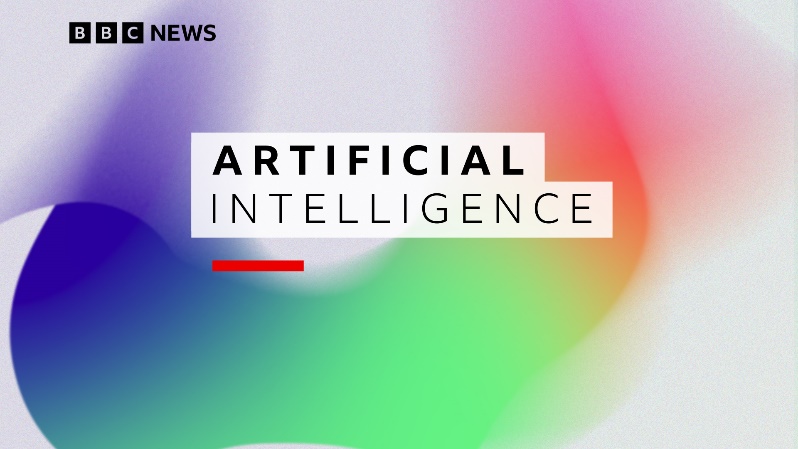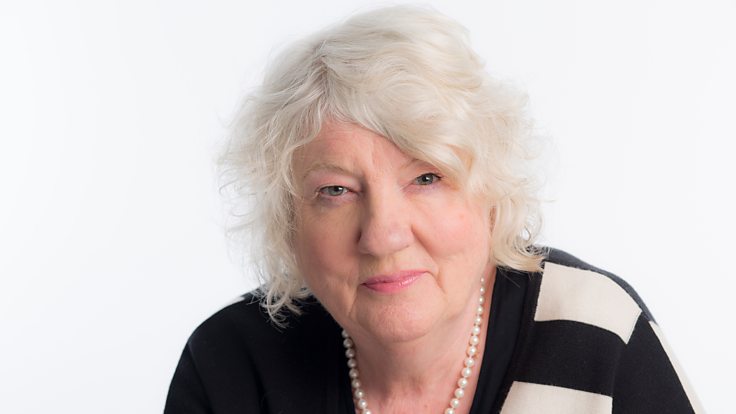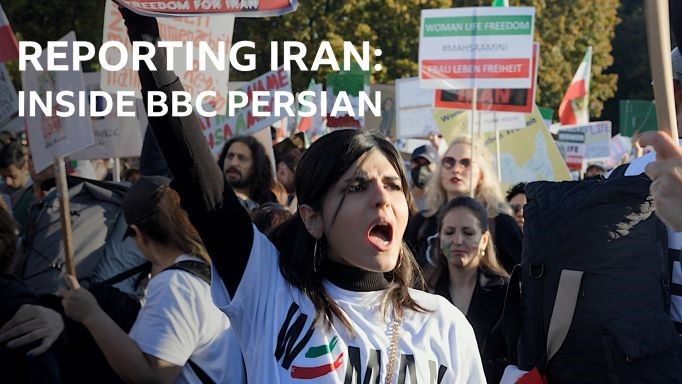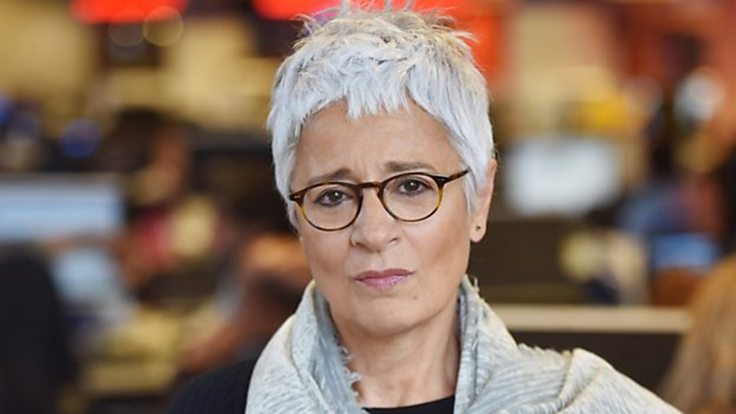
BBC News launches week-long focus on Artificial Intelligence
BBC News launches week-long focus on Artificial Intelligence
Throughout the week starting 17 July, BBC News is taking a closer look at Artificial Intelligence (AI) – exploring how AI is already affecting our lives, and looking at the ways it could impact all our futures.
Every day BBC News will launch new thought-provoking and informative journalism to help audiences understand what AI is, what it can do, and how it is shaping the world we live in. BBC News will speak to leading experts in the field and deep dive into issues around jobs, security and technology.
It kicks off with an exclusive interview with Ian Hogarth – the recently announced chair of the UK’s AI Foundation Model Taskforce.
In the interview, Hogarth talks to Zoe Kleinman about the importance of tech innovation in Europe, saying that we need to scale up companies in Europe instead of selling them on to be grown by larger global companies, citing the sales the sales of Skype to Ebay and Deep Mind to Google.
He also warns about AI and calls for greater understanding of the risks – telling the BBC “we’ve got to think about how to protect British jobs” and explore how we “really hold these [AI] companies to account in an appropriate way”.
They also discuss the environmental cost of the energy the data centres will need which will add up to “a tremendous carbon footprint”.
An interview with Deep Mind founder Mustafa Suleyman, also out on Monday, explores security, the culture of risk taking in the UK to facilitate significant tech innovation, and the potential impact of AI on the way we live. He told the BBC:
“[AI] is going to be hugely product productive and beneficial for our civilisation. And clearly that also means that some people are going to struggle to make the transition. The question is one of values, how do we compensate those people who need to retrain and rescale and give them opportunities to improve and get back into the workplace. And to me, that’s a question of government subsidisation and support and ultimately, of taxation.”
The full interviews can be found on www.bbc.co.uk/news
Across the week, audiences will be able to learn more across all BBC News platforms – including podcasts on BBC Sounds, news and investigations on the BBC News website and TV packages on the news bulletins and channel, as well as special content for iPlayer.
As AI increases in its capabilities and scope of work, BBC News will look across how it is currently affecting our working lives, and how it could change the job market and affect business. It will also look at the role of AI in education, and how it is already being used in sport and being used to create music and media.
The week also starts with a visual guide to help you understand AI, answering all the questions you need to understand the basics of what AI is, and what it does – from the different types of AI, to how it learns, and how it can understand images.
This follows on from the BBC Sounds ten-part series with Spencer Kelly – Understand: Tech and AI, which aims to demystify the technology in our lives, explore key topics and answers big questions such as ‘Can AI be controlled?’ and ‘Will AI take my job?’
Upcoming highlights will include Click with Marc Cieslak: Marc will create Click’s own AI ‘Gogglebox’, and an iPlayer special on AI Moments that Made your Jaw Drop.
More news and content will be launched every day this week, with range of BBC global platforms sharing the focus on AI including:
BBC Future – BBC.com’s science section will be publishing articles including the A-Z guide of artificial intelligence terms, how to spot an AI cheater and how AI companies are buying up the rights to actors, musicians and personalities.
BBC Worklife will also be looking at the effect AI can have on your personal and professional life, including how AI can make you feel terrible about yourself – but it shouldn’t and how AI could save Gen Z’s professional futures.




